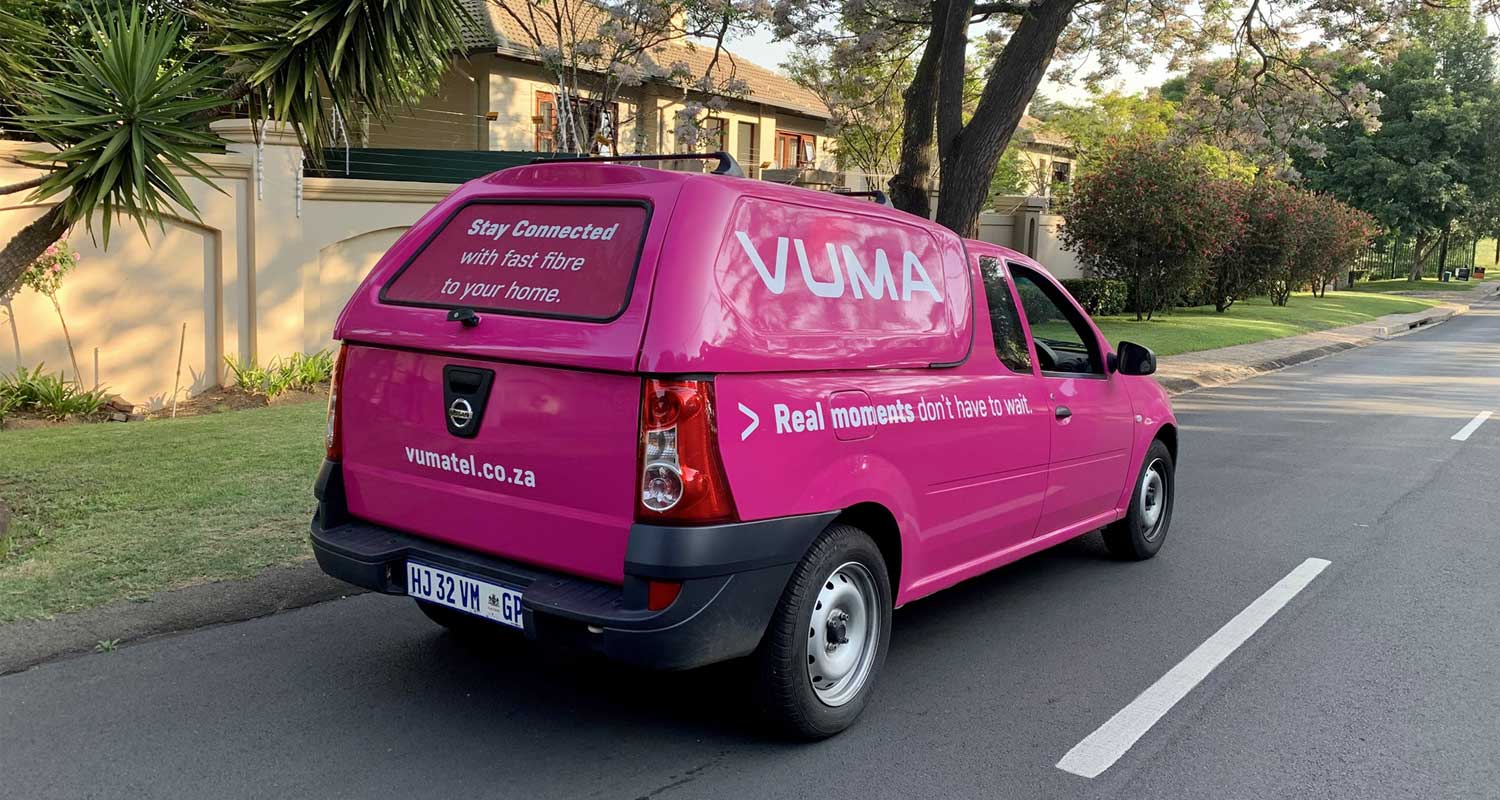More than 2,000 experts from around the globe have descended on Cape Town to share the latest breakthroughs in astronomical research and development at the 32nd International Astronomical Union (IAU) General Assembly.
In the IAU’s 105-year history, its General Assembly, held every four years and first held in 1922, has been hosted by various countries around the world, but it has taken 32 meetings to reach Africa.
In an interview with Daily Maverick, Novosti Buta, programmes manager in the Primary Science Programme, shared his enthusiasm about the conference being held in Africa for the first time.
“It is one of the biggest astronomical conferences and it being on African soil for the very first time, we had to take advantage of that and see how best we can leverage on it being in the Western Cape for us to promote astronomy, particularly in the South African context.”
According to the Department of Science and Innovation, the event will feature more than 300 sessions, including symposiums and focus meetings on cutting-edge astronomical topics.

Novosti Buta, programmes manager in the Primary Science Programme, at the IAU general assembly in Cape Town on 6 August 2024. (Photo: Lisakanya Ashley Venna)
The highlights will be keynote addresses by renowned astronauts Dr Mae Jemison, the first African American woman in space, and Dr Sian Proctor, a seasoned astronaut and geoscientist, who will delve into pressing issues in astronomy, sharing their expertise and insights.
Writing in The Conversation, Professor Okwe Chibueze described the event as “a scientific version of the Olympic Games”.
“This is a significant milestone for the continent; astronomy has grown and strengthened tremendously over the past decade,” said Okwe.
“This is largely, though not entirely, a result of South Africa’s status as co-host, with Australia, of what will be the world’s largest radio telescope, the Square Kilometre Array (SKA), operated and managed by the Square Kilometre Array Observatory.
“Its first phase is set for completion in 2027; its precursor, the MeerKAT telescope, is already making huge contributions to both South African and international science. Additional SKA dishes will be located in eight other African countries: Ghana, Zambia, Madagascar, Botswana, Namibia, Kenya, Mauritius and Mozambique.”
South Africa’s history in astronomy
Technology and Innovation Minister Blade Ndzimande expressed his pride on the Cape Town International Convention Centre (CTICC) stage on Tuesday, 6 August: “Astronomy began in South Africa with a 26m dish, built by Nasa and placed in Hartebeesthoek in 1961 as a ground station used to get data from and send commands to many US space crews.”
“During the democratic era, two major international telescopes were set up in South Africa, which includes the 10m Southern African Large Telescope, known as SALT, in Sutherland, the largest optical telescope in the southern hemisphere… The MeerKAT is another amazing achievement of the global science stage.

About 80% of the attendees raised their hands to show they where from outside of the country at the IAU general assembly in Cape Town on 6 August 2024. (Photo: Lisakanya Ashley Venna)
“It is pleasing that this conference will, amongst others, showcase the cosmic echoes, a shared-sky indigenous art exhibition.”
The minister was “delighted” that two African American astronauts, Proctor and Jemison, would feature on the programme on Women’s Day (9 August).
He concluded by pointing out the need for women in science: “It ain’t science unless women are centrally involved.”
Appreciation for astronomy
Dr Fulufhelo Nelwamondo, CEO of the National Research Foundation, highlighted the numerous challenges facing South Africa, including inequality, poverty, unemployment and sustainable natural resource management.
He emphasised the country’’s unwavering dedication to astronomy, despite these obstacles.
“Like many developing countries, South Africa faces a number of challenges… Despite the many challenges that South Africa has faced, we continuously invested in astronomy, with appreciation of the number of technologies that come out of astronomy.”
Lerato Legodi from Brand South Africa said: “We are proud to be the hosting nation for this historical event.”
A vibrant performance by the iThemba Youth Choir echoed Legodi’s words as they blended traditional and modern styles, and electrified the audience, showcasing Africa’s rich culture and proud heritage. DM
![]()



 1 month ago
103
1 month ago
103
















